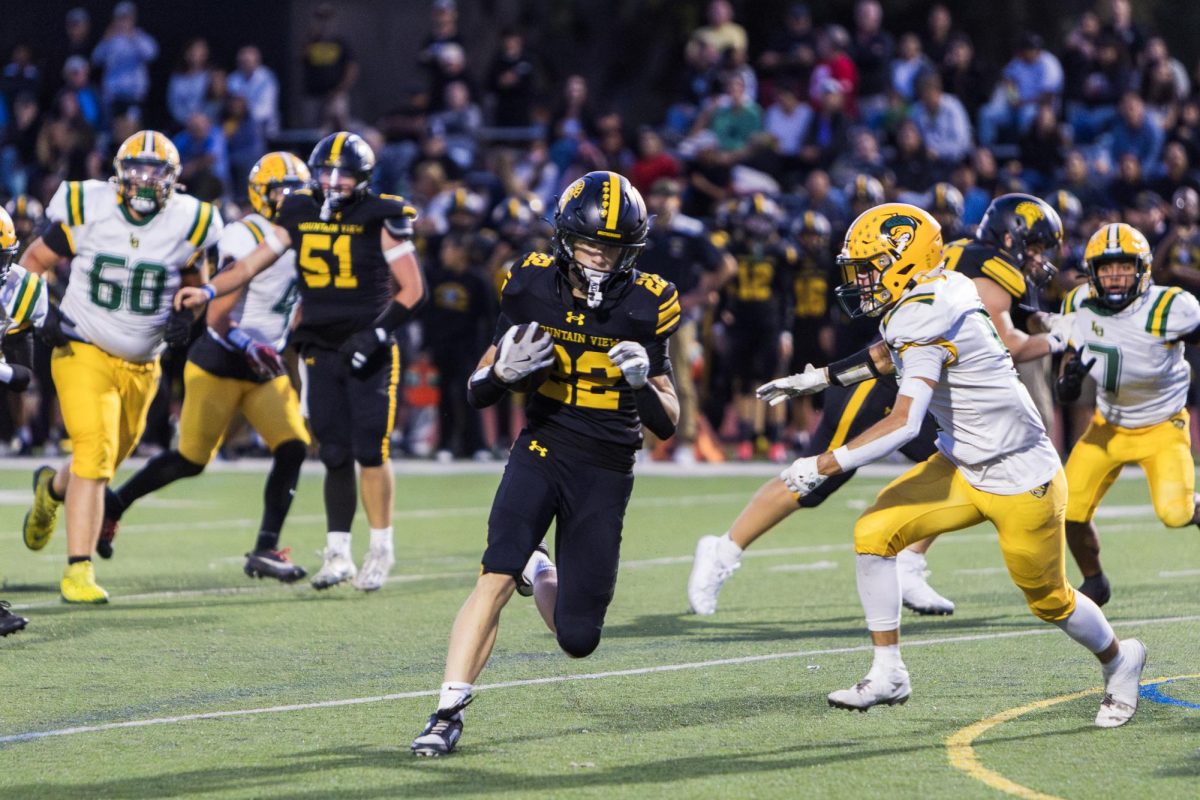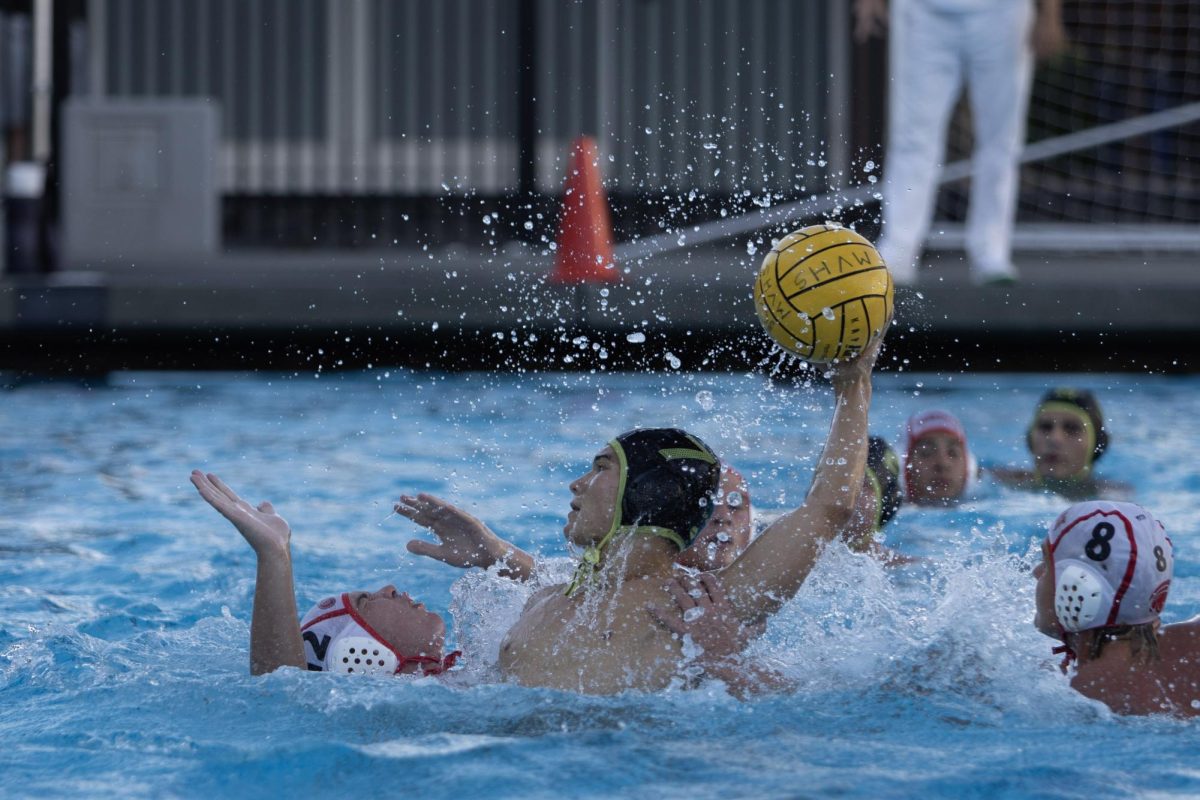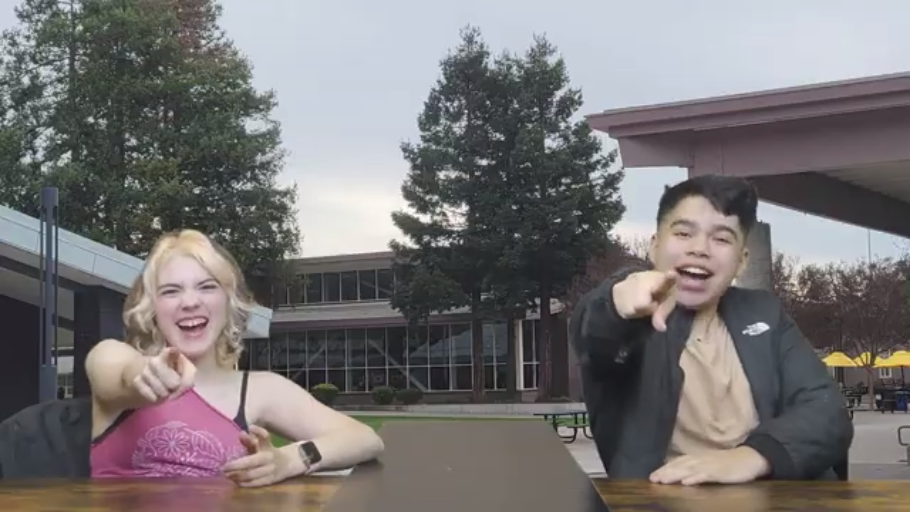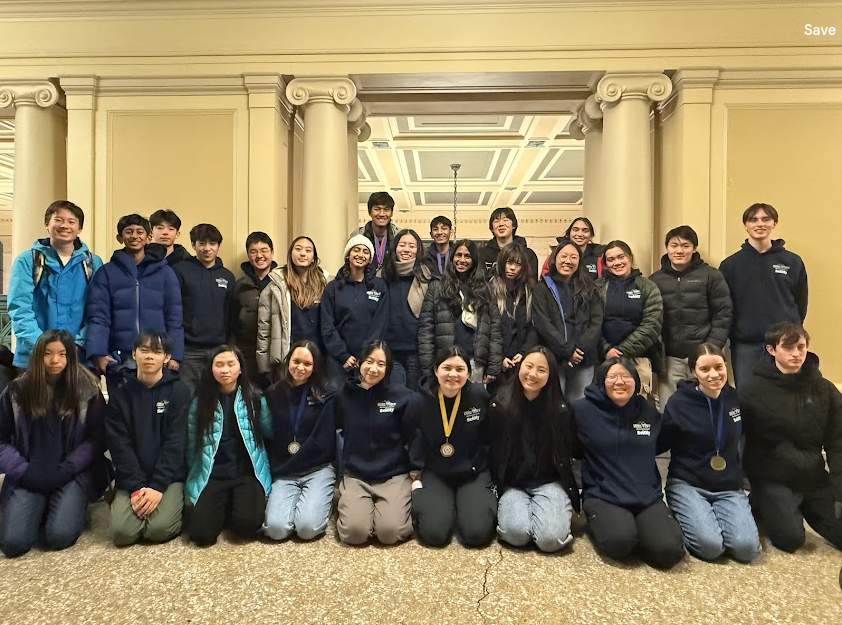When I was eight years old, my parents decided it would be about time to take me through the obligatory, wealthy middle class child, northern Californian rite of passage—driving six hours down to Disneyland. It was during one of our long weekends near the beginning of the year, and my two-year-old brother was taken along to spend a few days in the hyper real world of large mice and gender norms disguised in balloons. But hey, free enterprise, right?
My mother, at that stage in my life, was, or at least from my perspective seemed to be, what is generally referred to as an “Asian tiger mom.” After twelve years of fighting with me, the tiger became more of a caracal, so my brother has a much easier life—or would, if I wasn’t his sister. My mother signed me up for group lessons for piano when I was four, and I graduated to private lessons a year later (refer to Amy Chua’s Battle Hymn of the Tiger Mother; it is an explicit rule that one may not “not play the piano or violin.”). When I was eight, then, I began competing. In retrospect, my mother’s fierce dedication to my success was obviously effective—I still have the trophies from the piano competitions at that age, mostly because I can’t win one anymore. Those go to the people who still have tiger mothers, or aren’t in a polygamous relationship with Netflix and their bed. My mom keeps them as a memory of when I had the potential to become an Asian child prodigy.
I still play piano now—it’s hard to quit or stop loving something after dedicating so much of your life to it. Piano “seasons” begin at the start of summer, and the wave of competitions and recitals starts in late October. The trip to Disneyland came in near the time of my first competition, so my mother was worried that I’d come back unprepared. I’m fortunate enough to have a grand piano at home, but my family didn’t invest in that until I was twelve and had proven my capabilities. At 8 I played on an old upright piano, and my brother was already banging on an electric keyboard. The keyboard, my mother realized while packing, was small enough to tilt on one of the back seats of the car, if we put the stand under our feet. The suitcases could fit in the trunk. My dad was still driving his tiny green compact, so we tetrised into the seats, my brother and I pressed against each other and the piano in the back.
I’ve referred to my mom as an Asian tiger mom, driven by the ideals she’d grown up with in China—determination, diligence, the concept that quantifiable success will lead to happiness—many of which I’ve inherited. A lot of what is described as stereotypically “Asian,” though, corroborates with some of the strongest American values and characteristics. Robert Kohls, an author who specializes in intercultural studies, describes that most Americans strongly believe “any relaxation must be limited in time, pre-planned, and aimed at “recreating” their ability to work harder and more productively once the recreation is over. Americans believe leisure activities should assume a relatively small portion of one’s total life.” So despite the fact that I, and many of my friends, have constantly thought of my mom as a frustratingly “Asian” parent, it seems as though “American” should sufficiently describe her as well.
Needless to say, I was furious with my mother the entire ride and nearly the entire trip to Disneyland. She had set the condition that before going to Disney each day, I needed to practice an hour of piano, and upon coming back another before going to bed. I woke up the morning after arriving at the hotel and sat in front of the keyboard for a few hours, most of which was spent refusing to play. My father didn’t want to bring the keyboard there, but Asian families tend to be matriarchal in terms of who implicitly has more control.
There appears to be a clear intersection between American and Asian values, so the question then arises as to why my mom’s parenting is referred to as Asian. It isn’t that the underlying values are different in most of the motivations behind the actions, but rather the execution and proliferation of varying values. What makes bringing a piano to Disneyland “Asian” rather than part of the American action-oriented mindset? Maybe my mom is more American than she, and I, thought.




































Scott • Sep 17, 2015 at 11:10 pm
This is written so accurately haha. I’m sure you’re still great at piano even if netflix has taken you over.
but….are you better than me now?
Alexa • Sep 17, 2015 at 8:35 pm
Karen this was actually so great. I mean it was so easy to read and was relatable and wow ily.
G-DOUBLE O-D J-O-B
GOOD JOB
GOOD JOB!